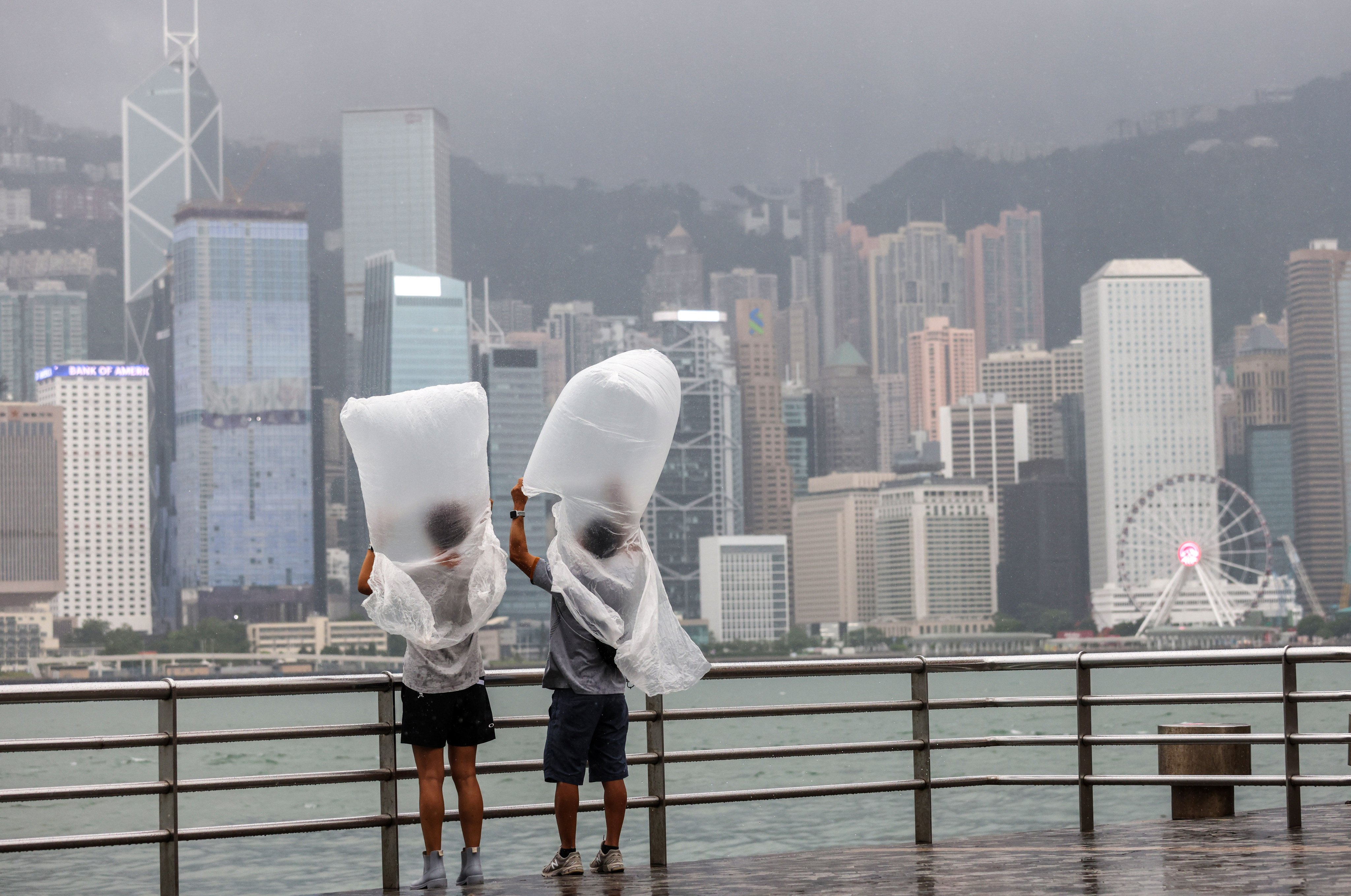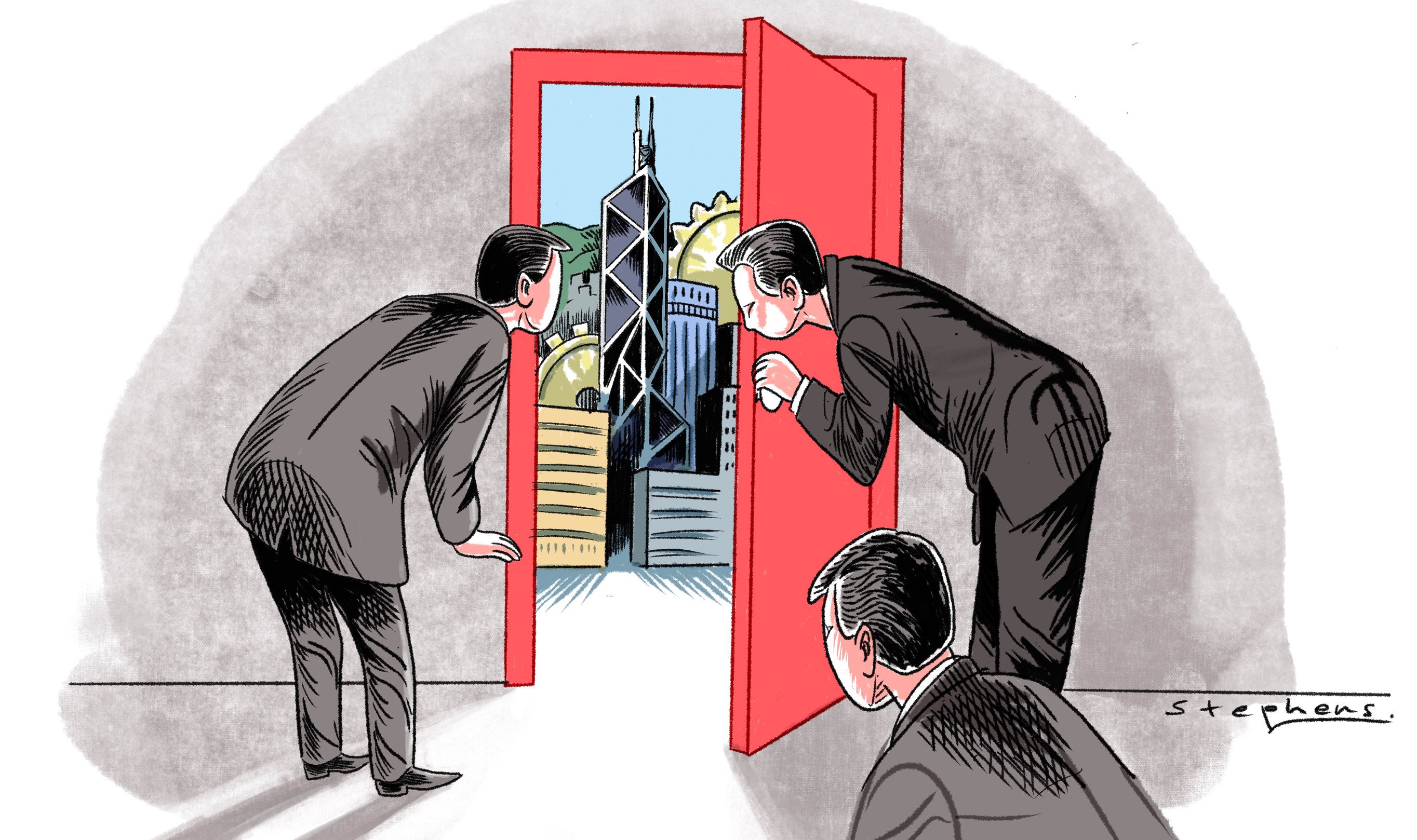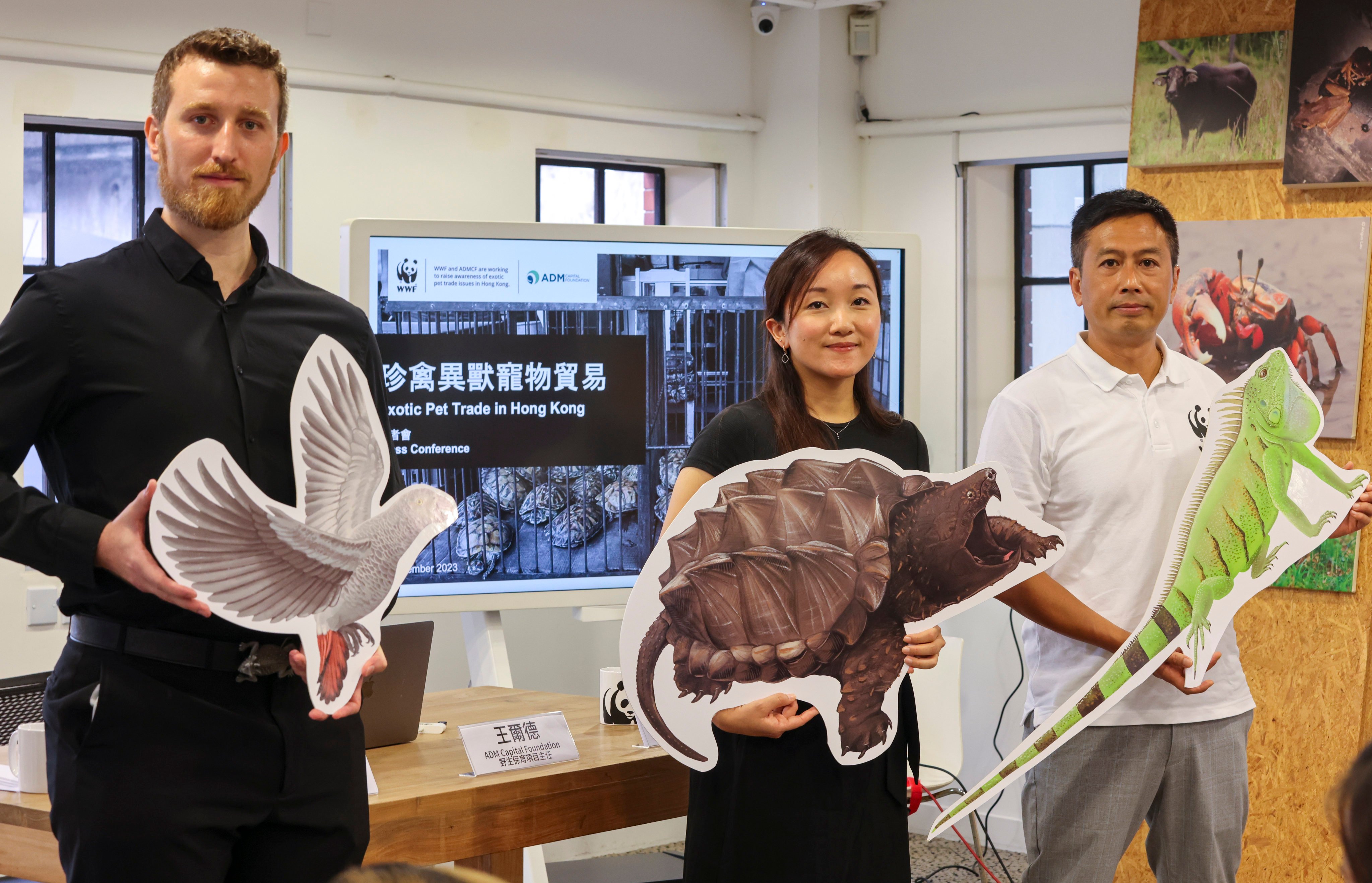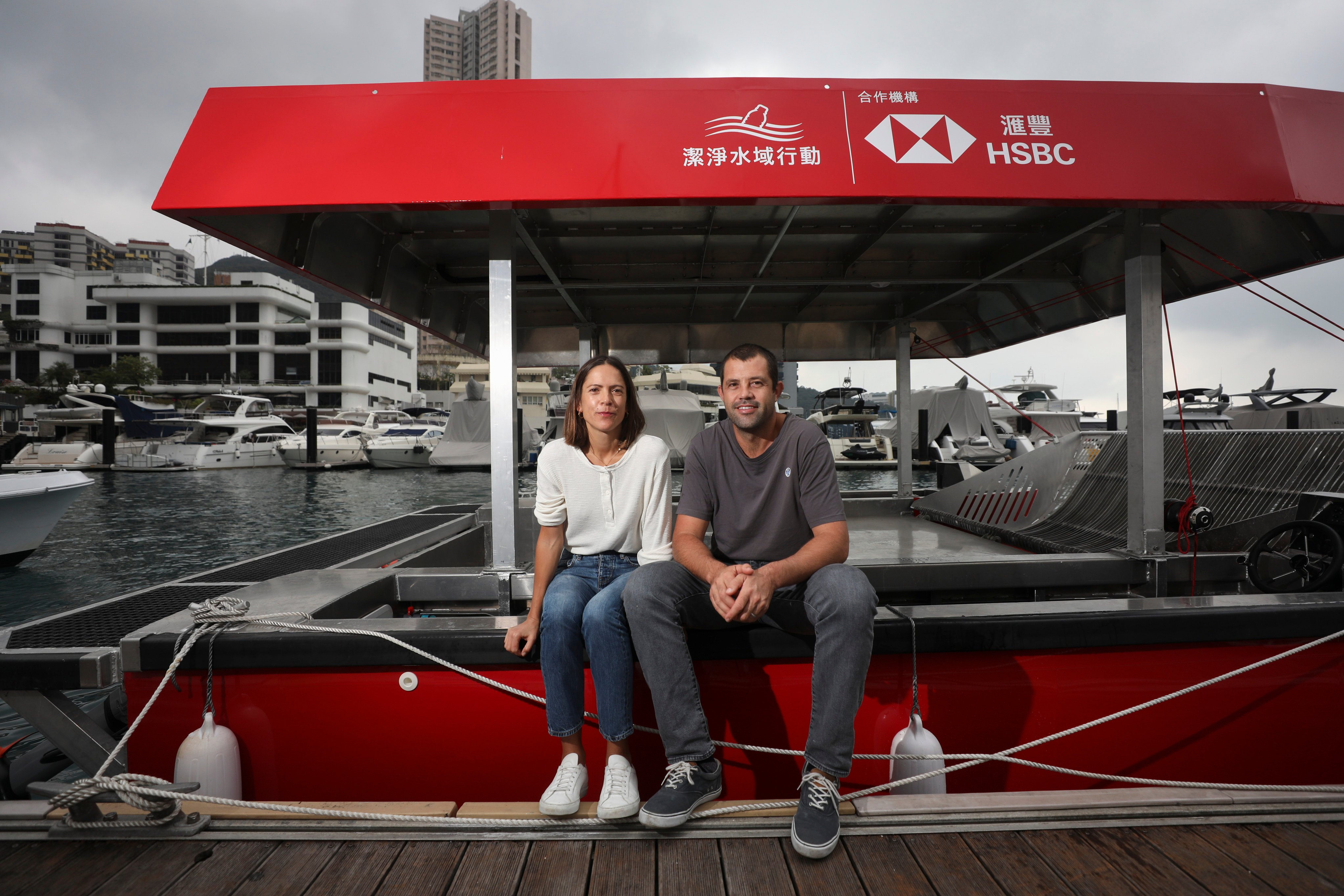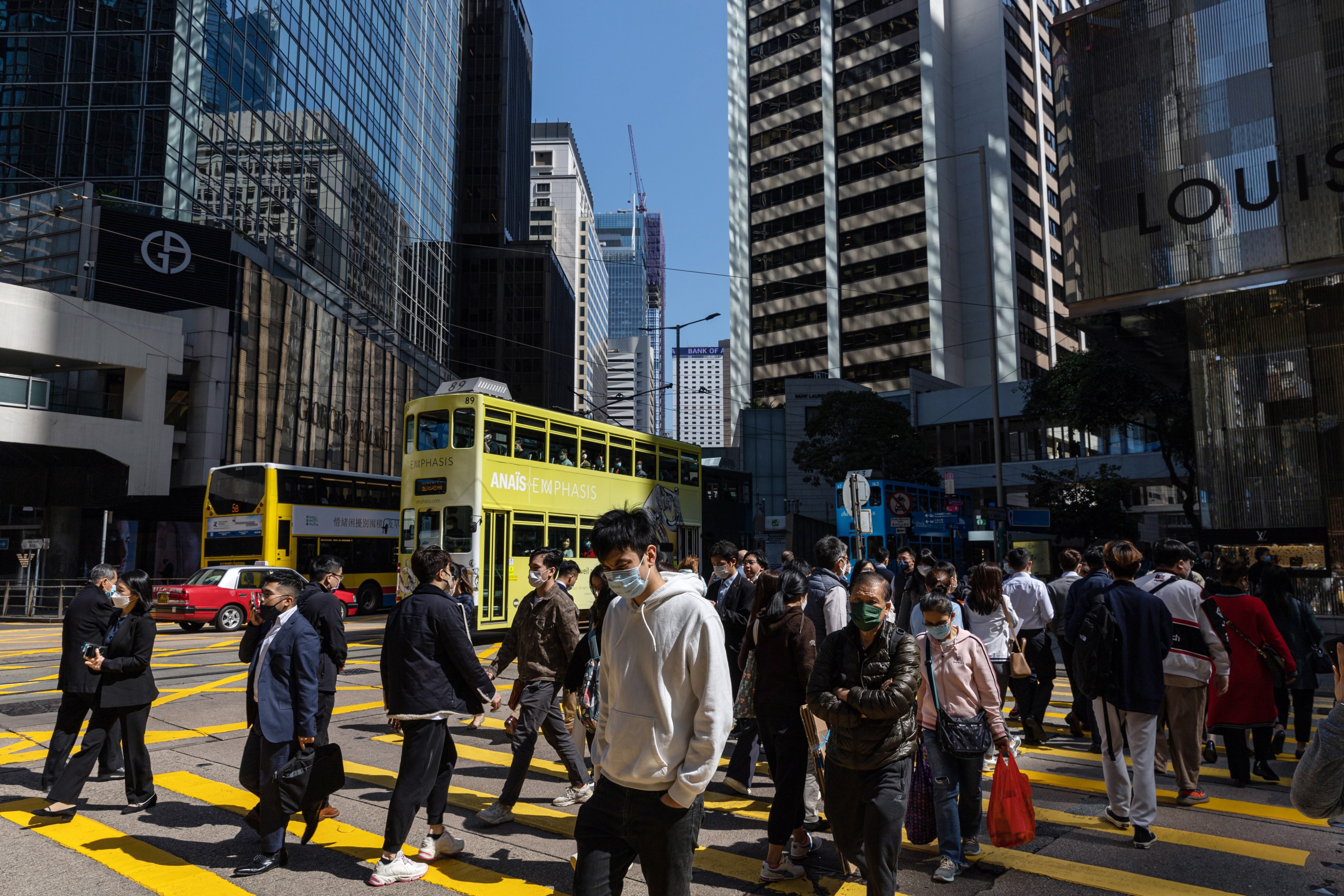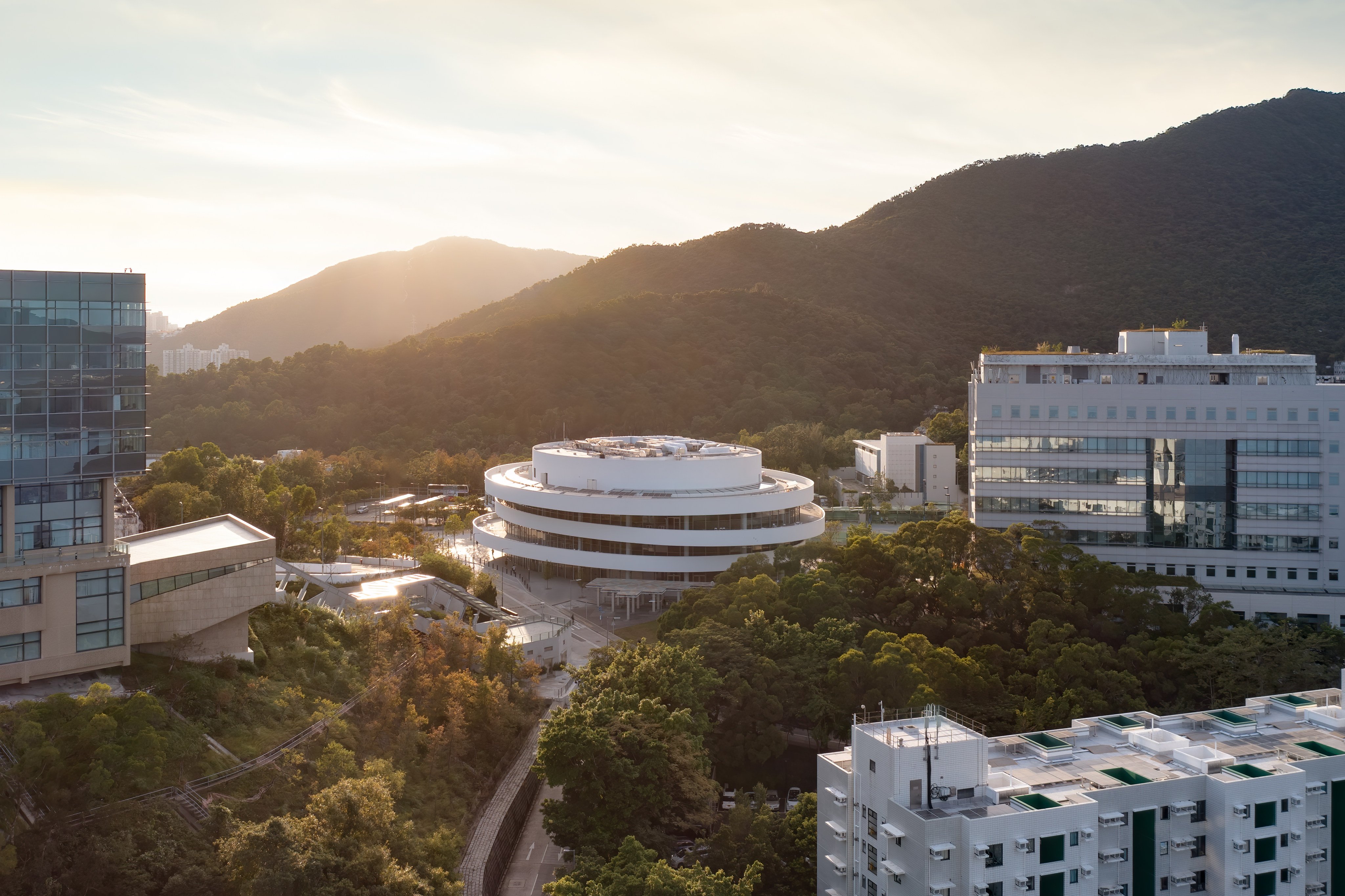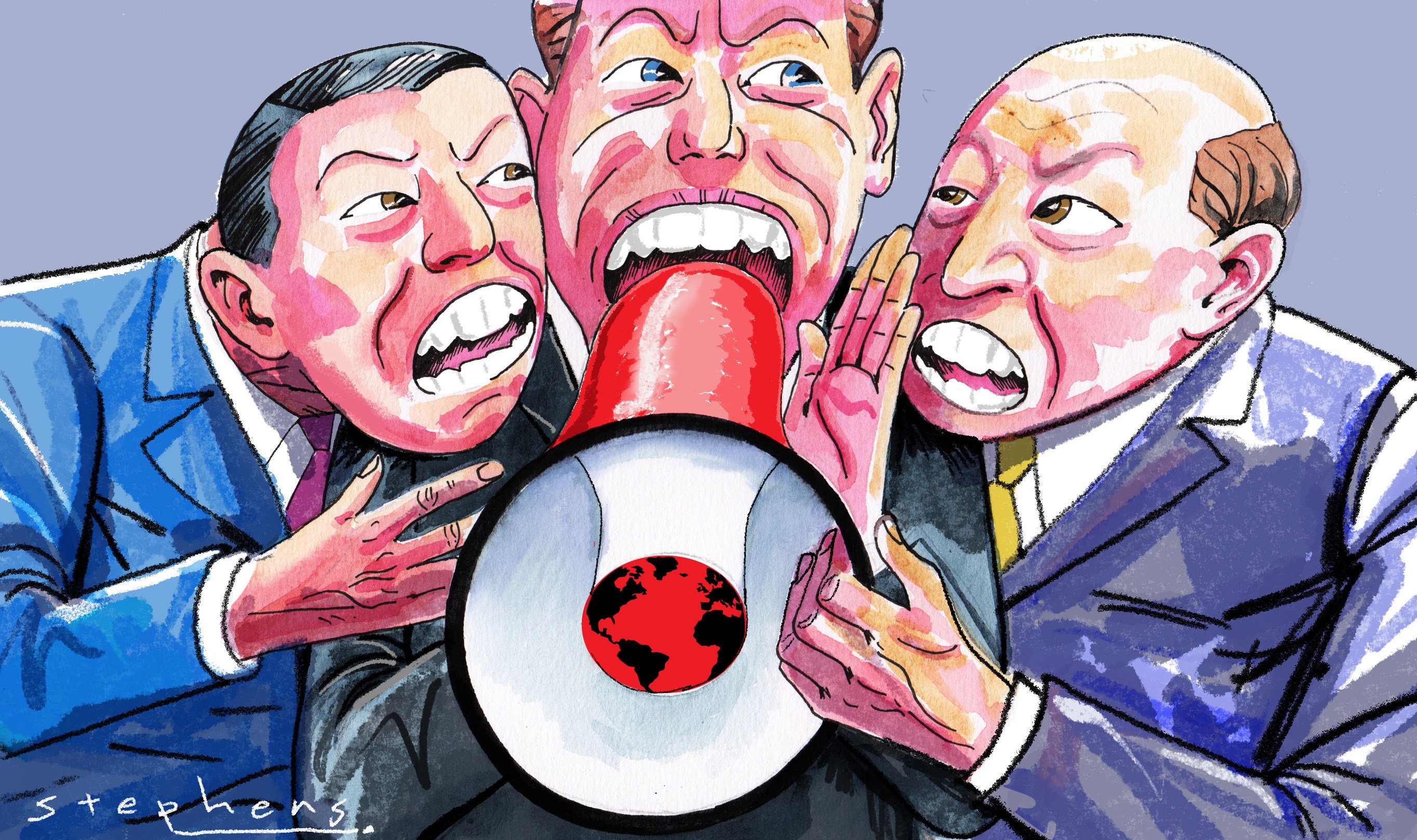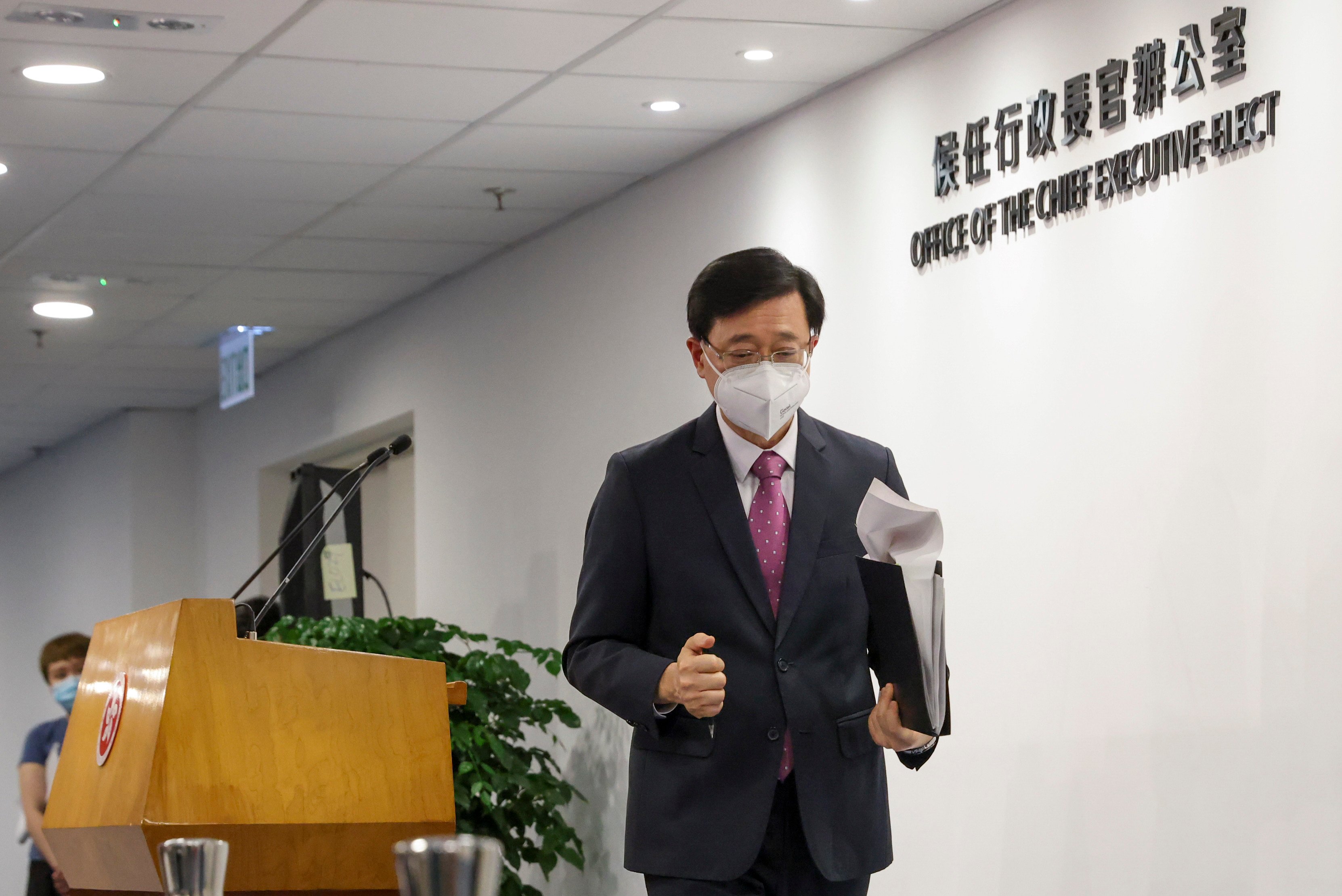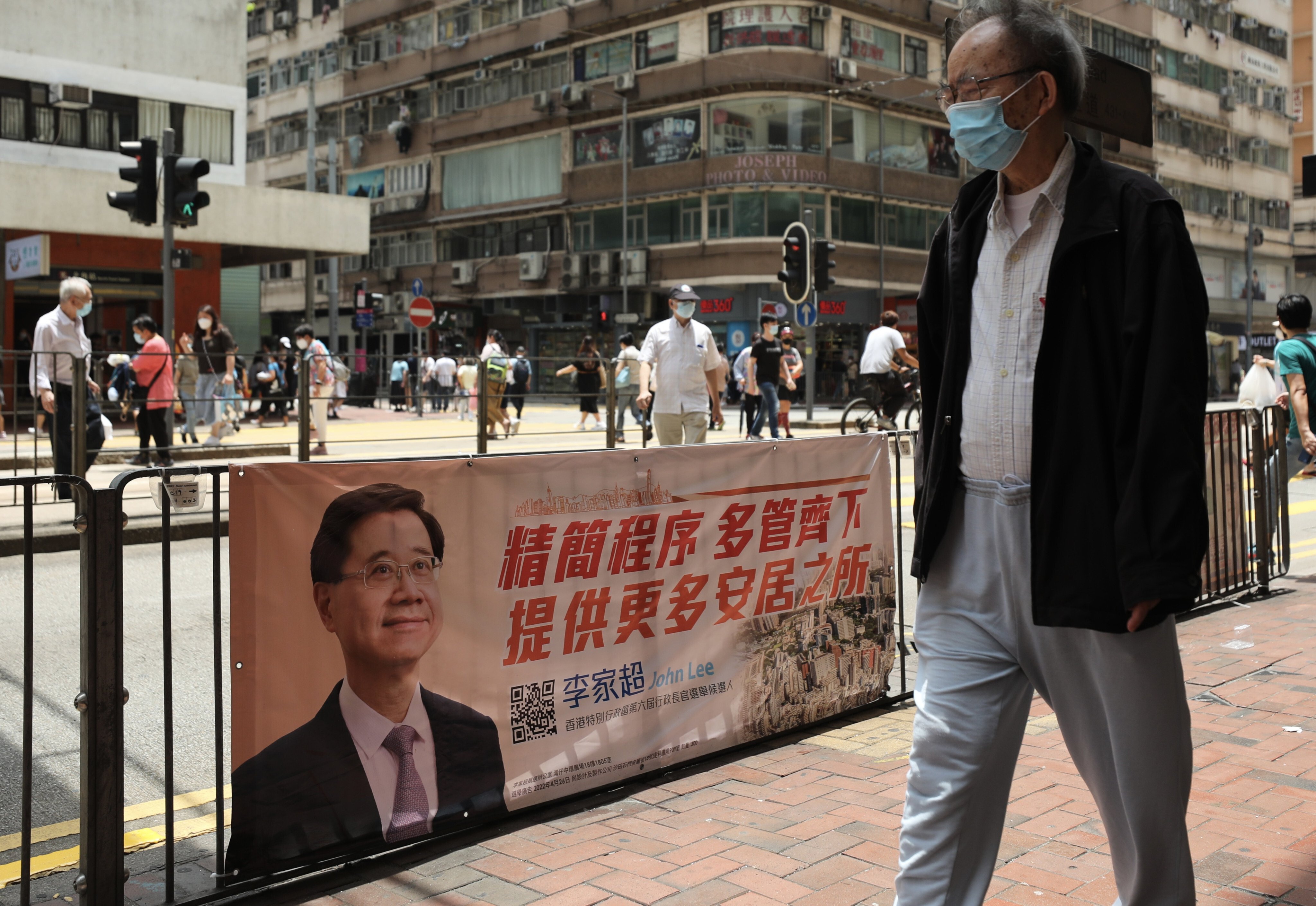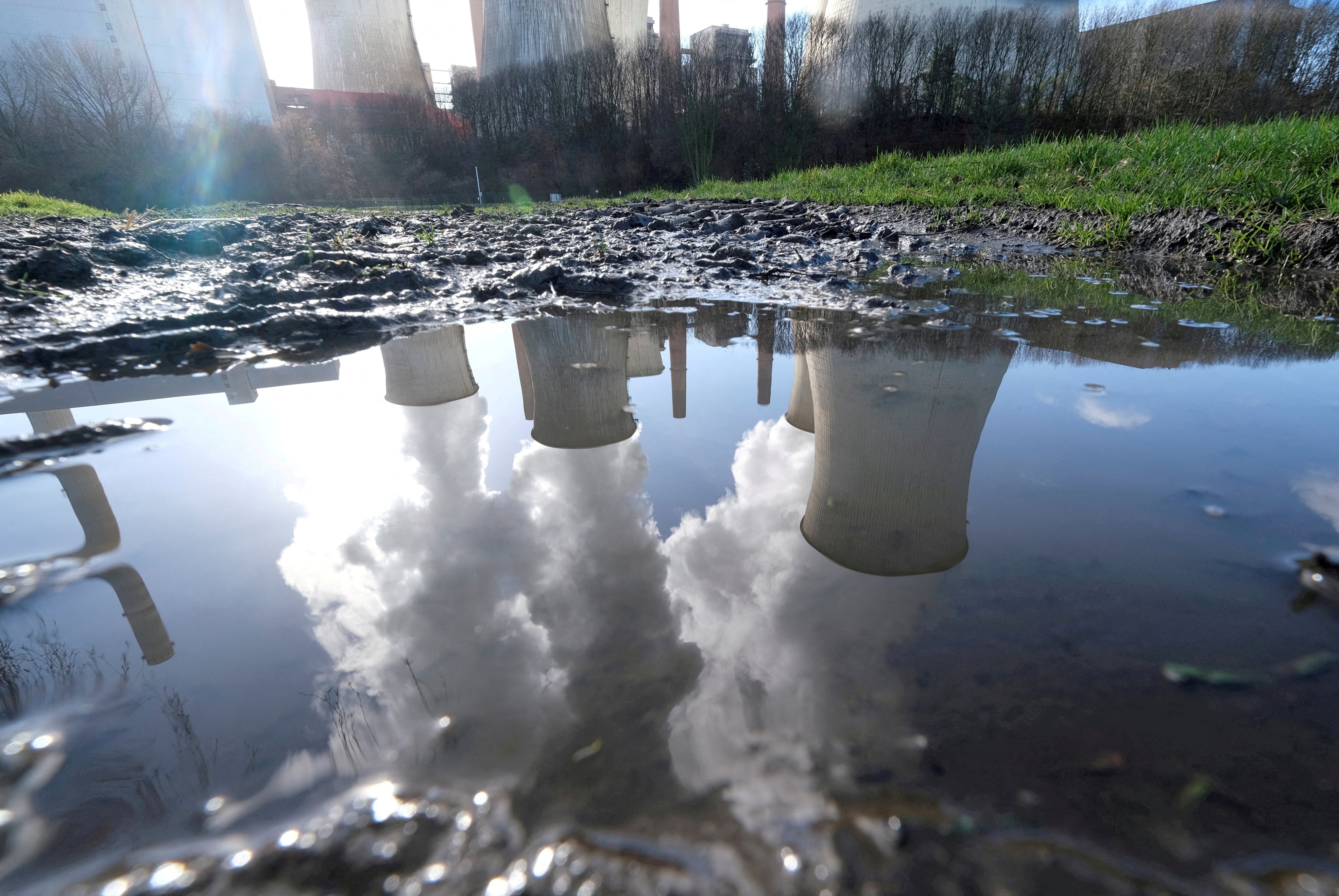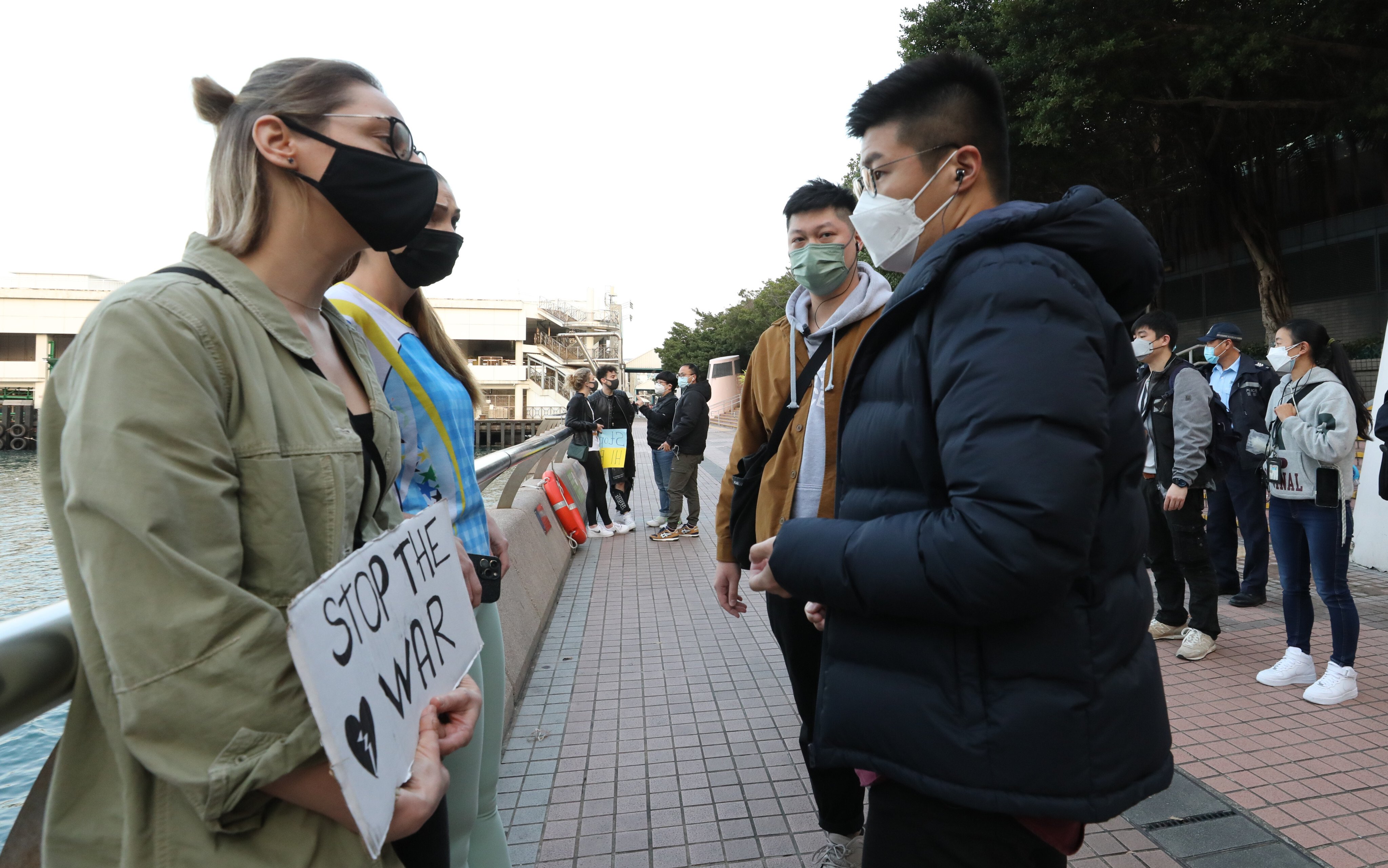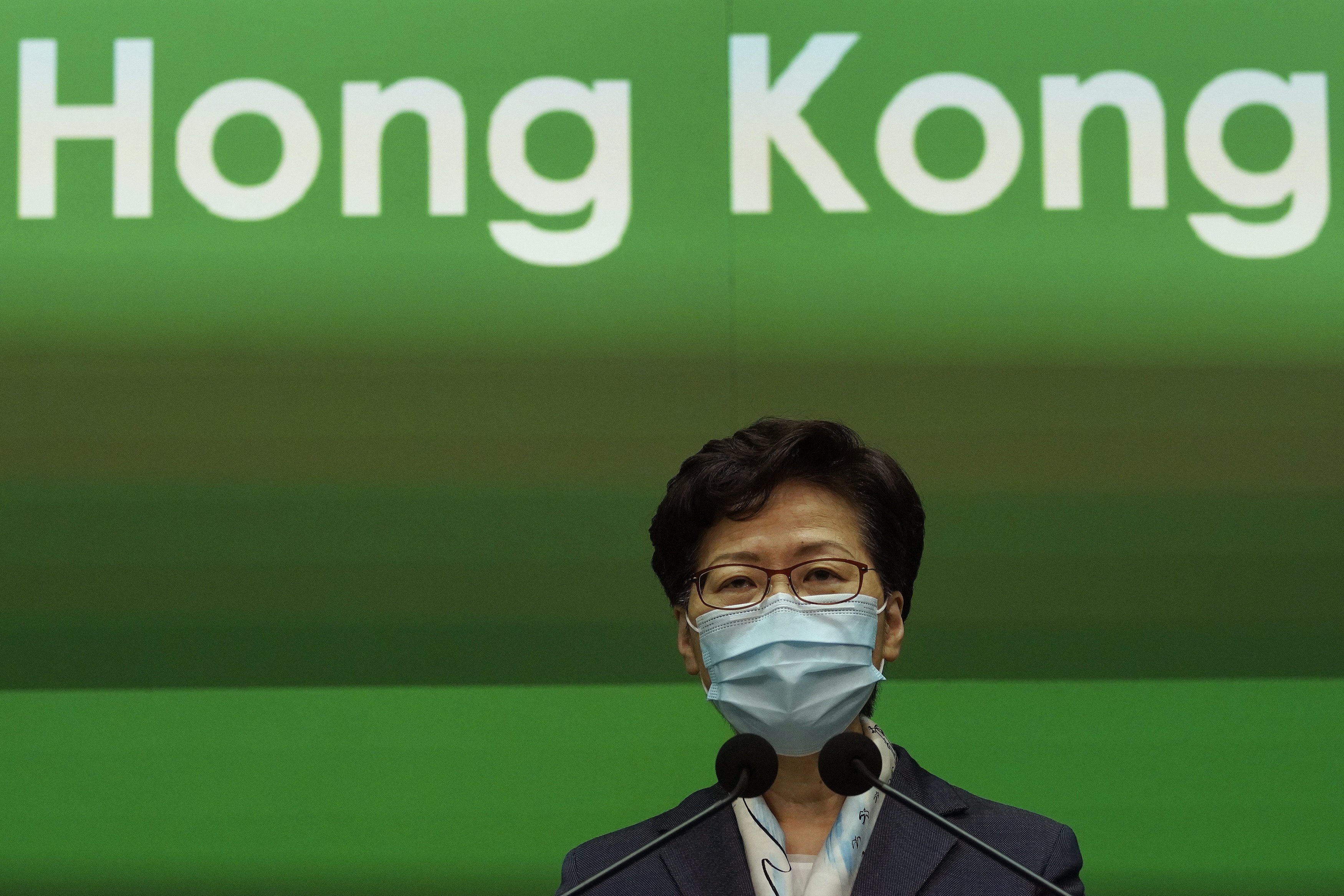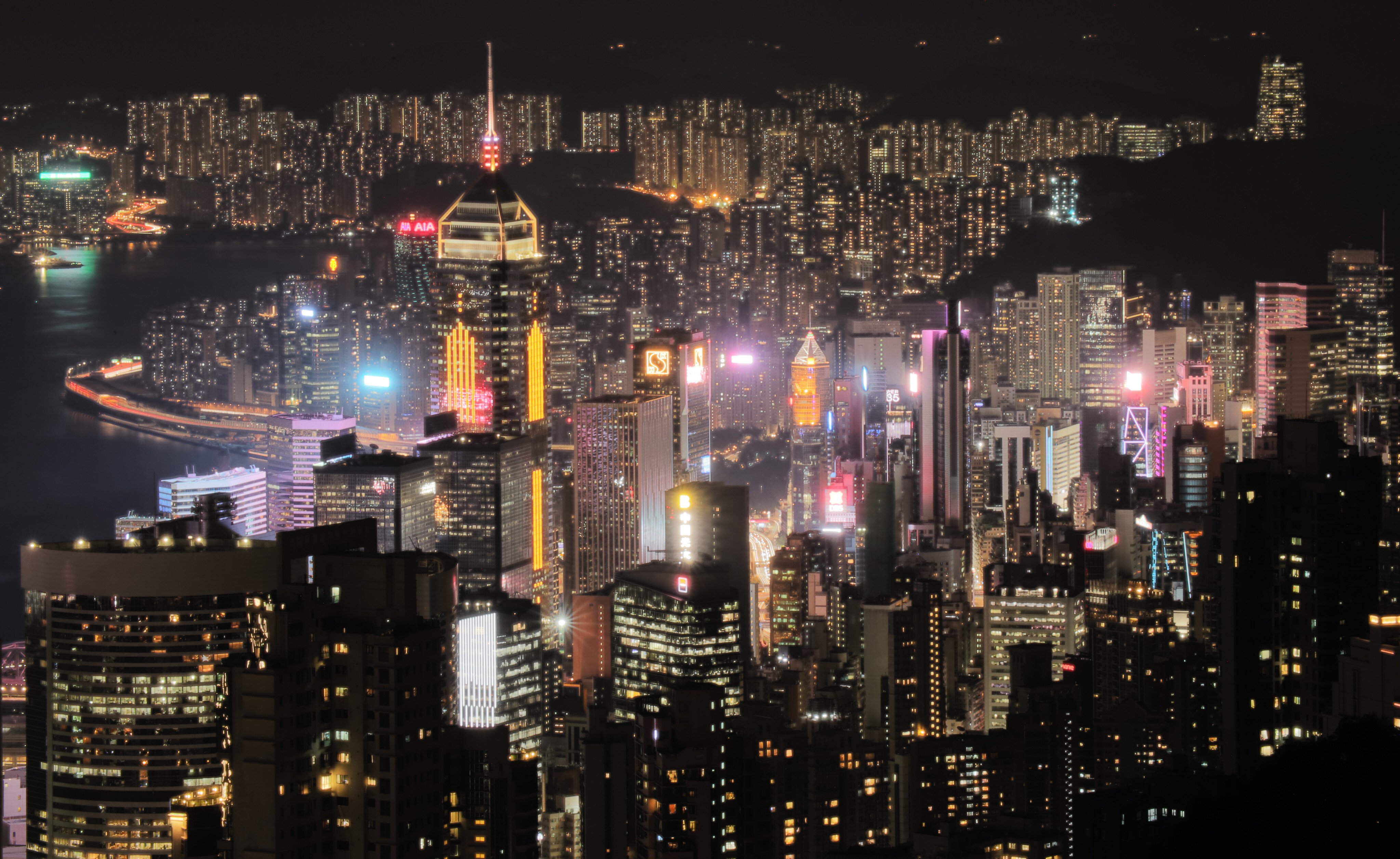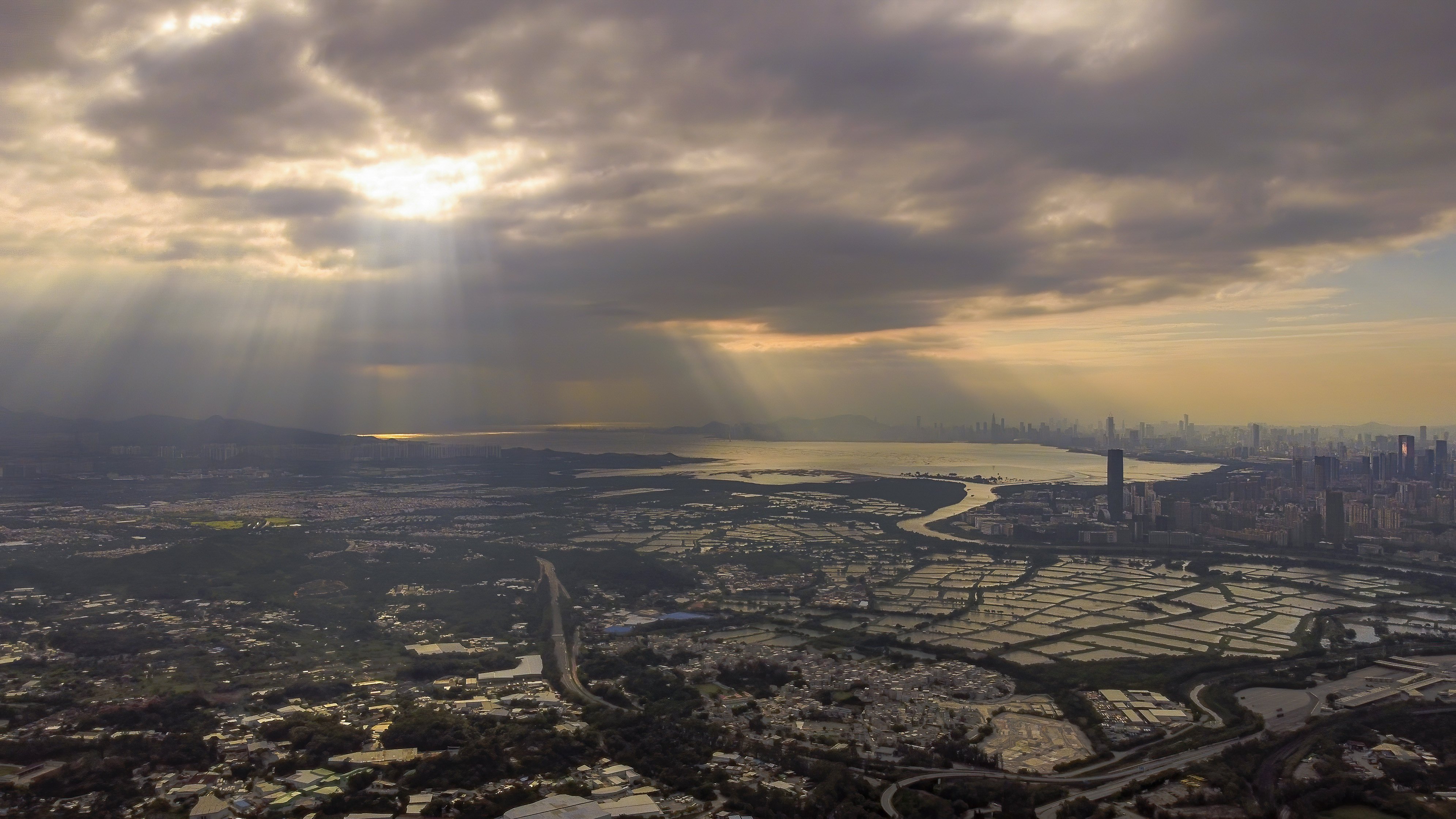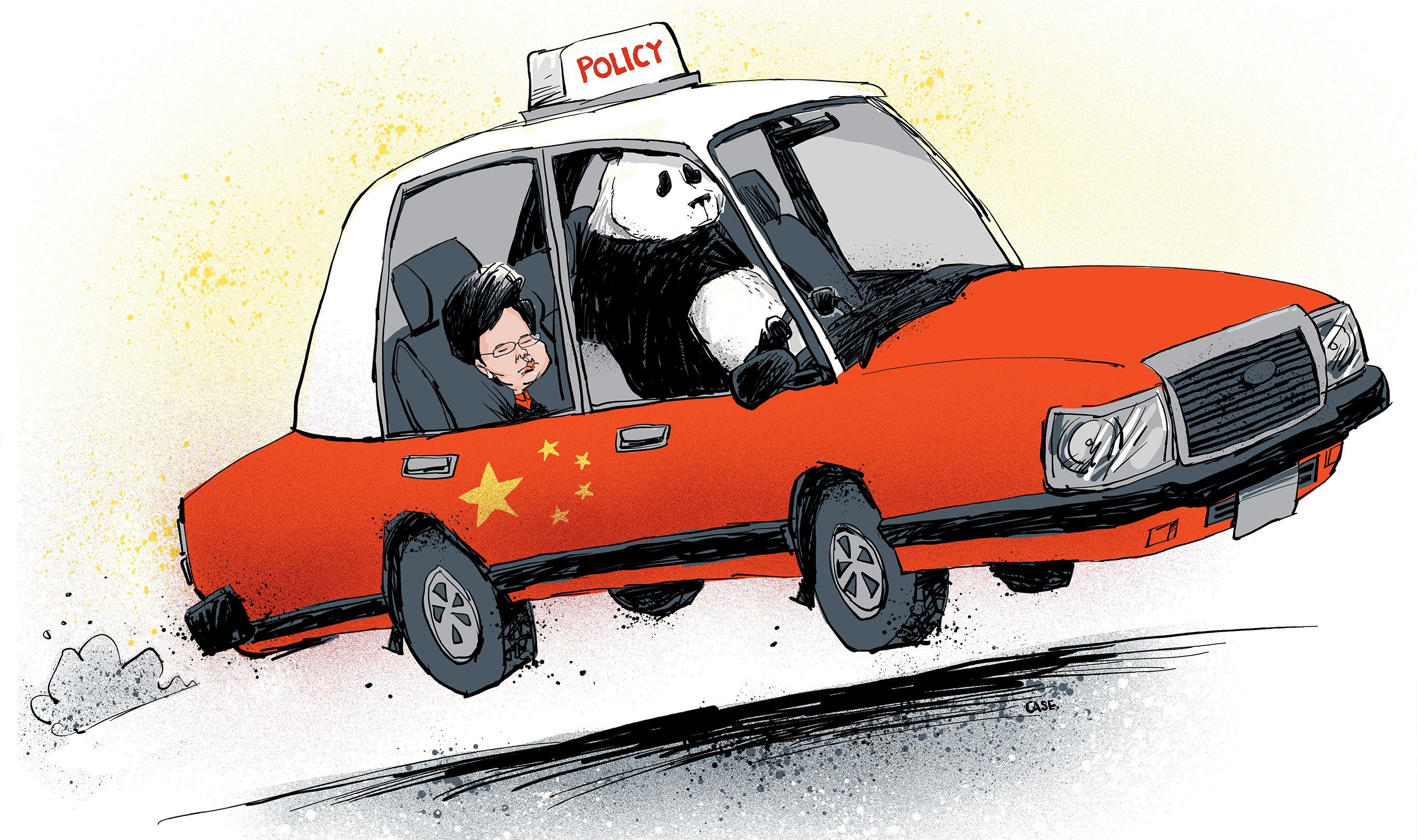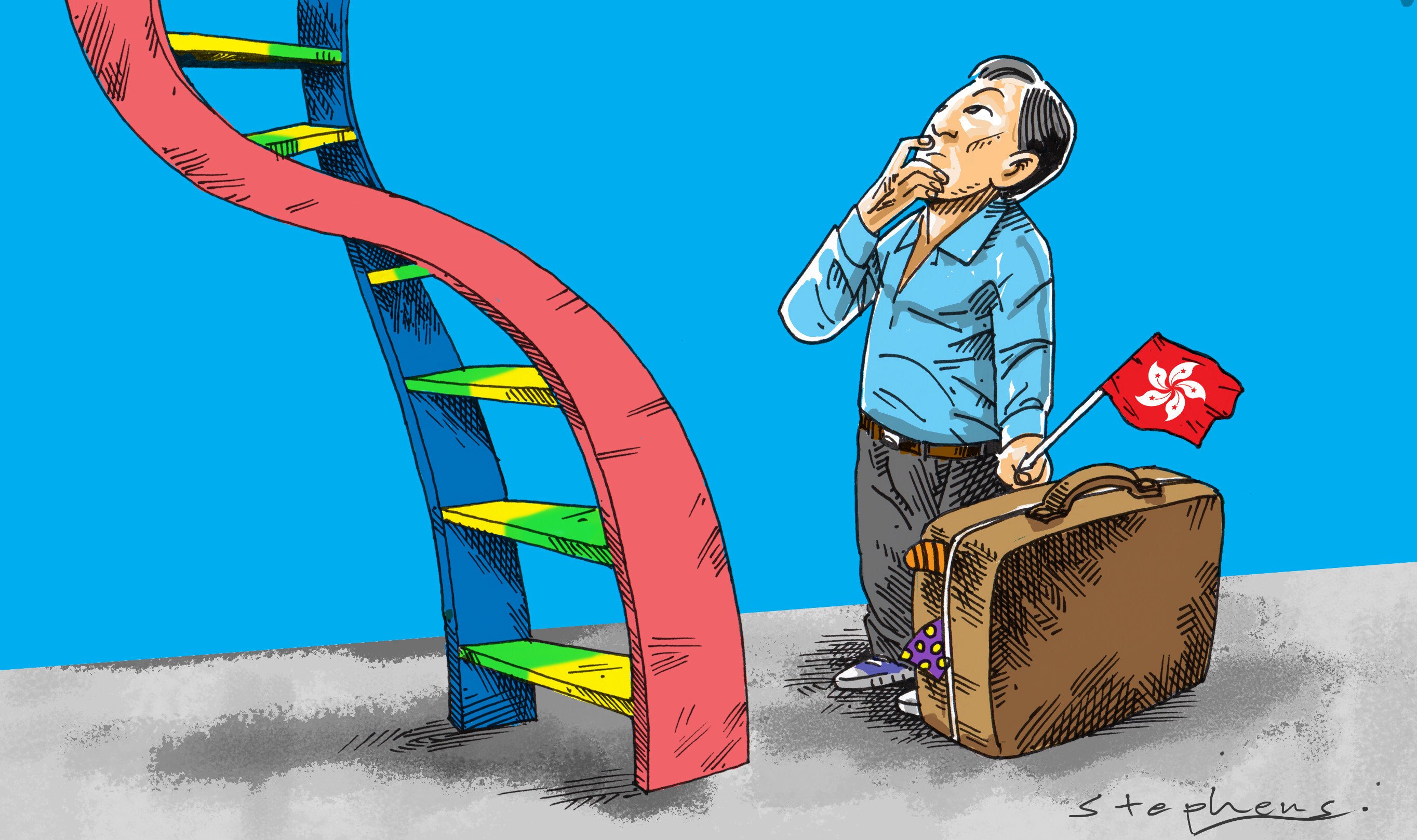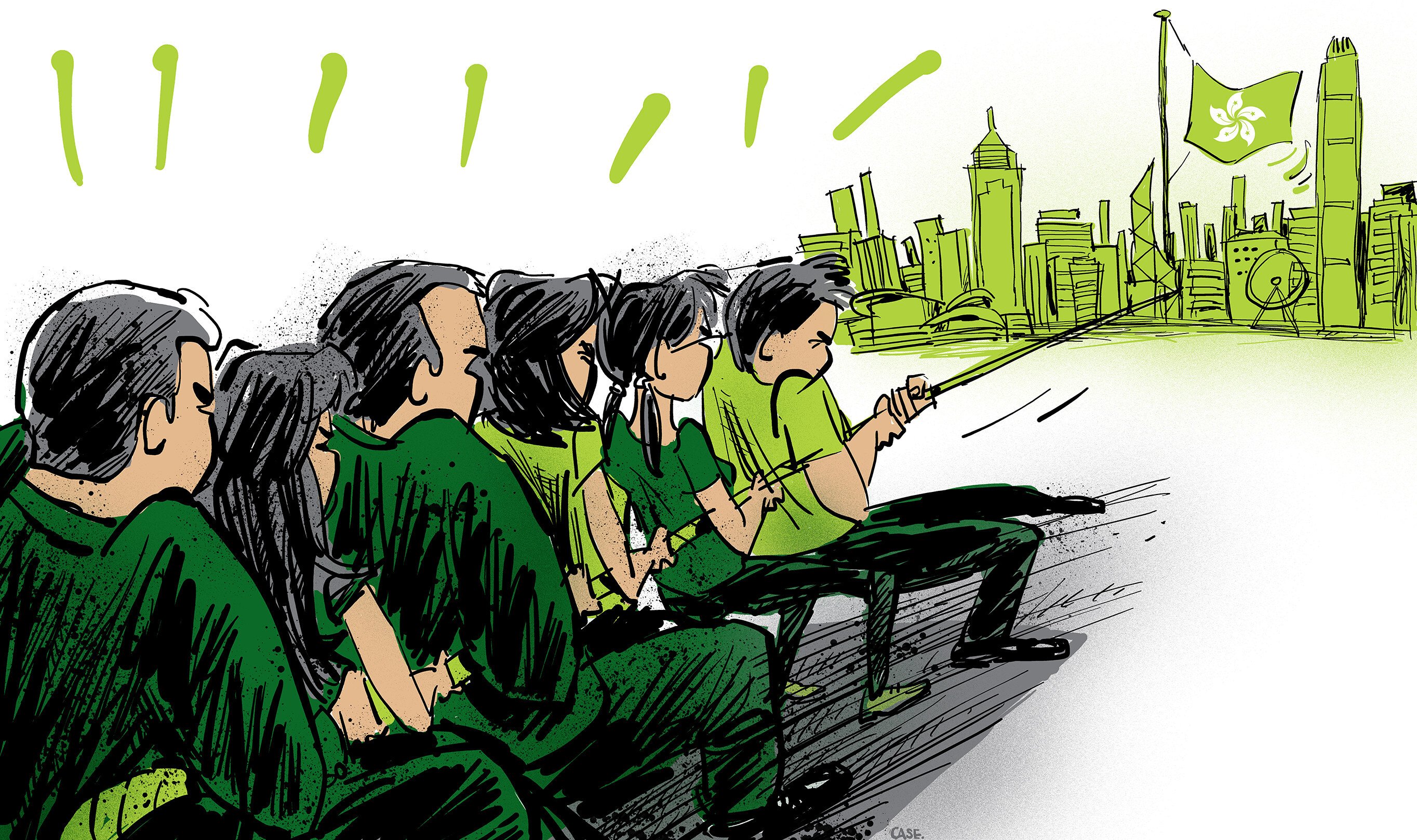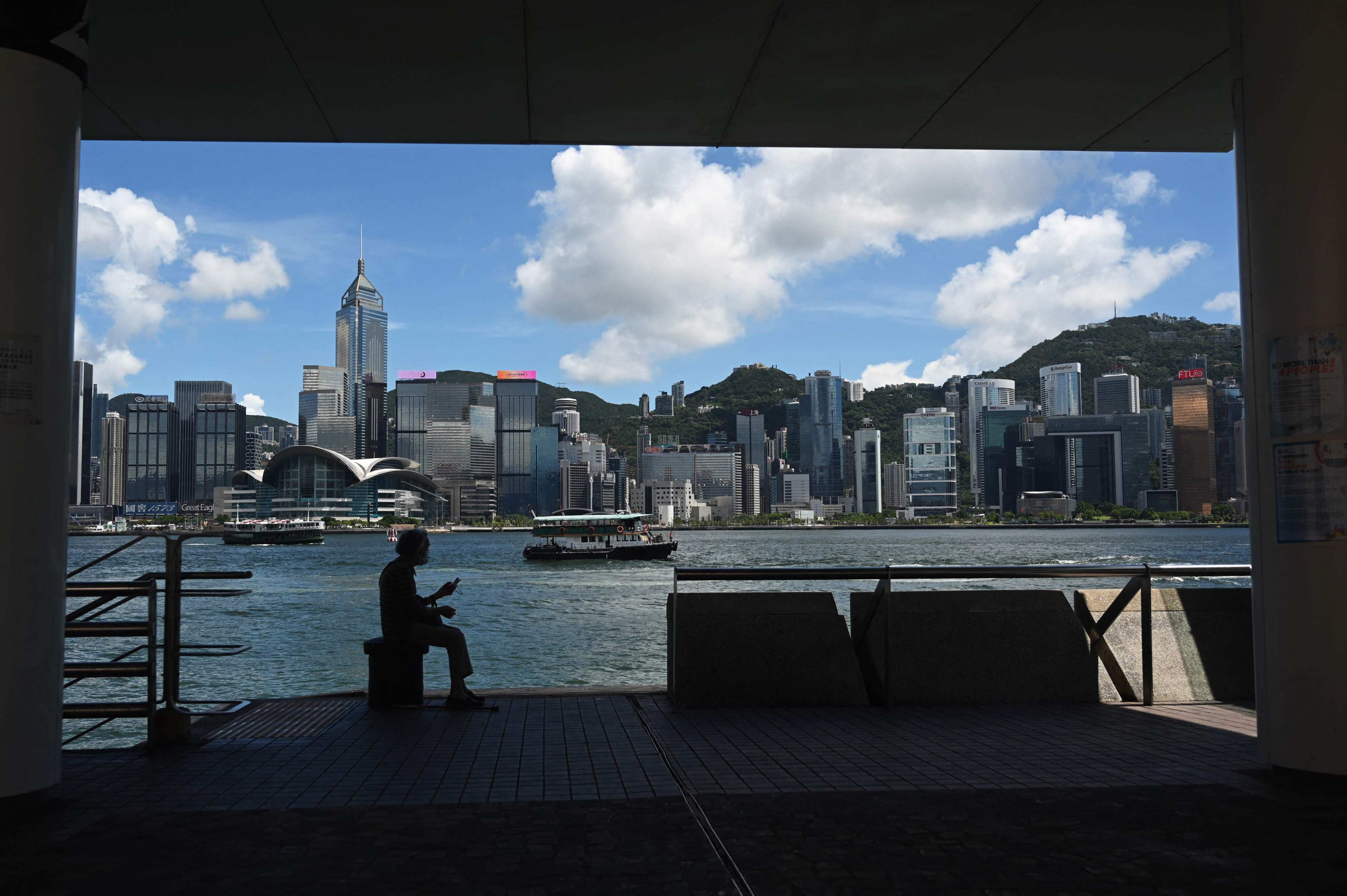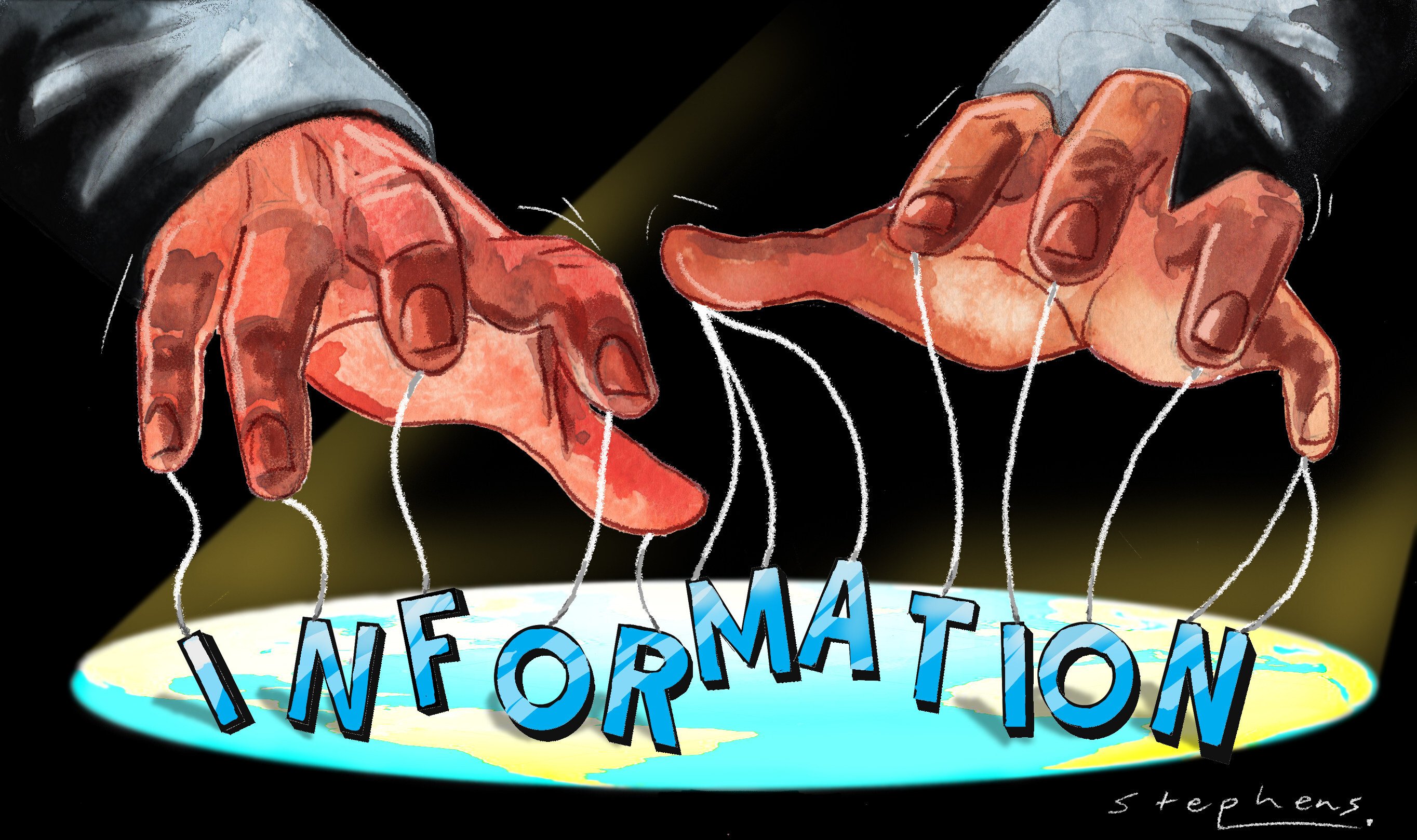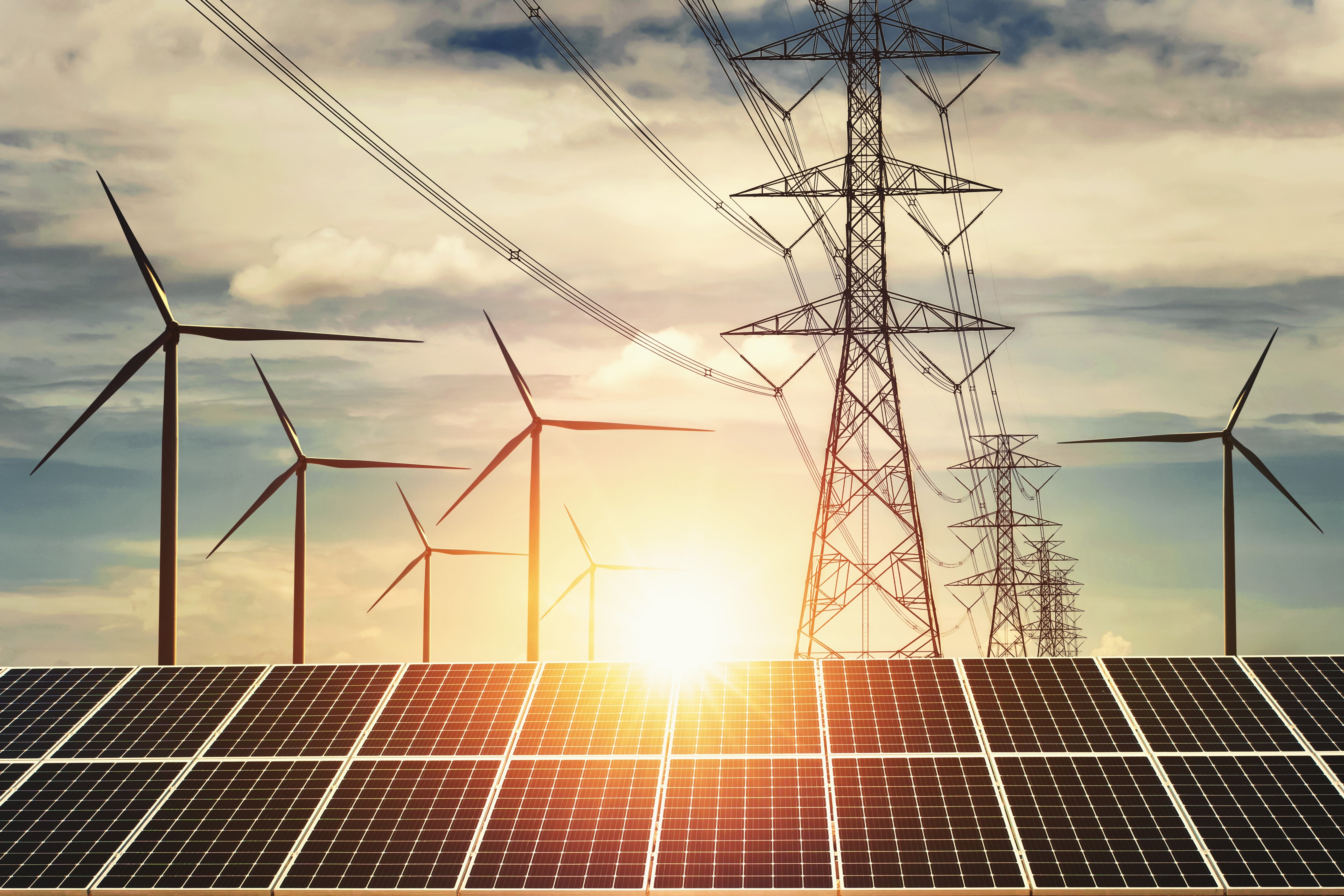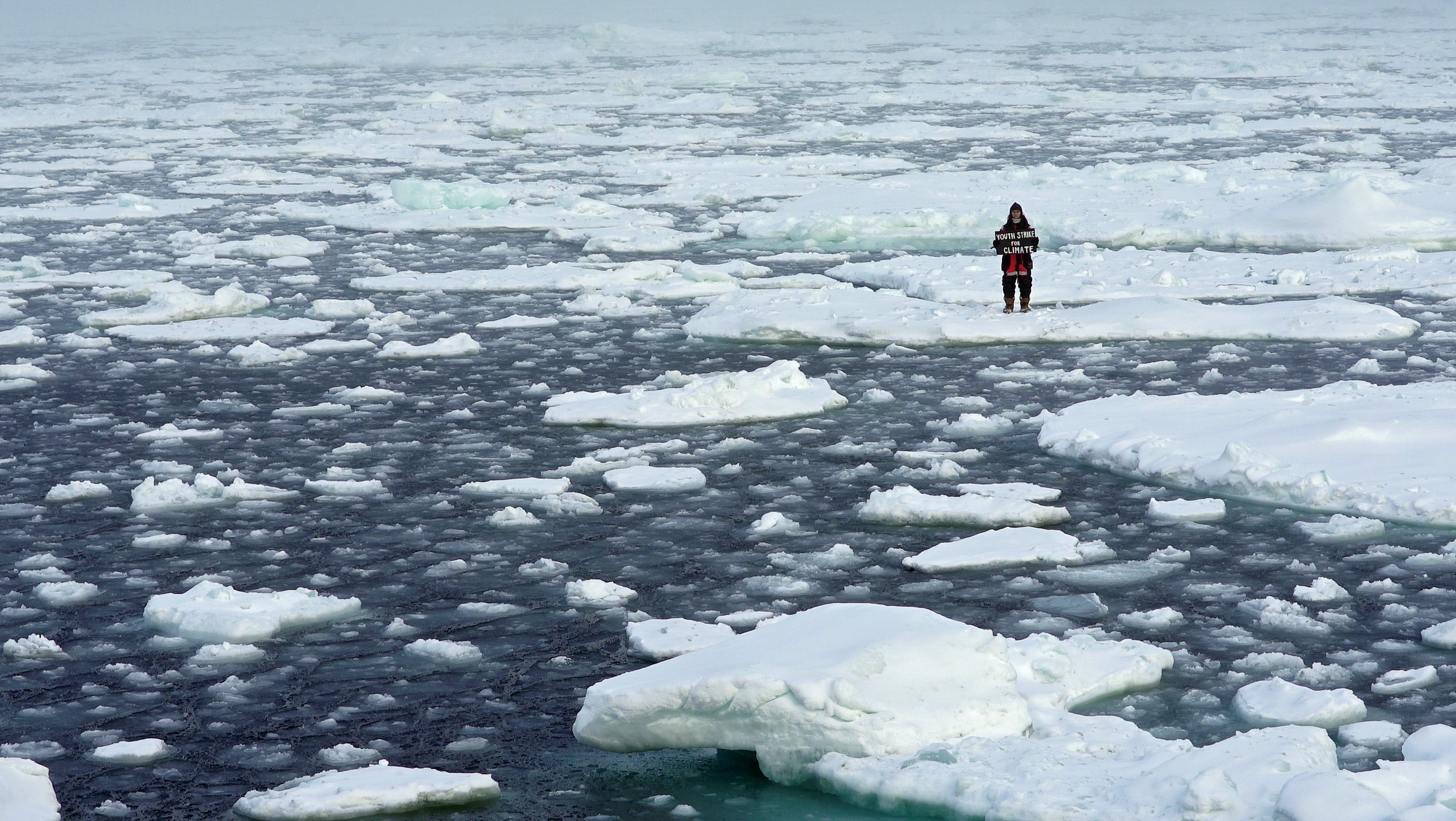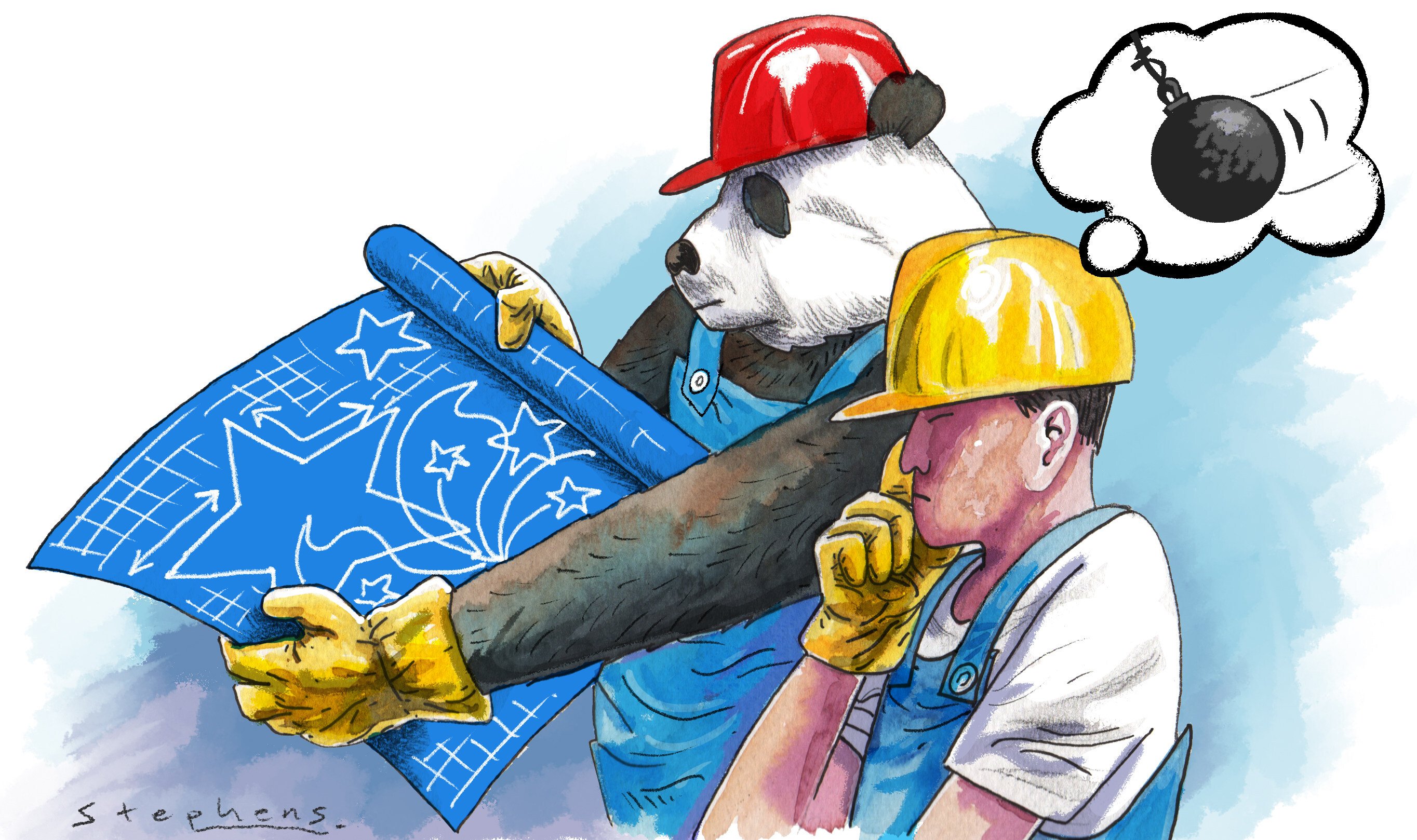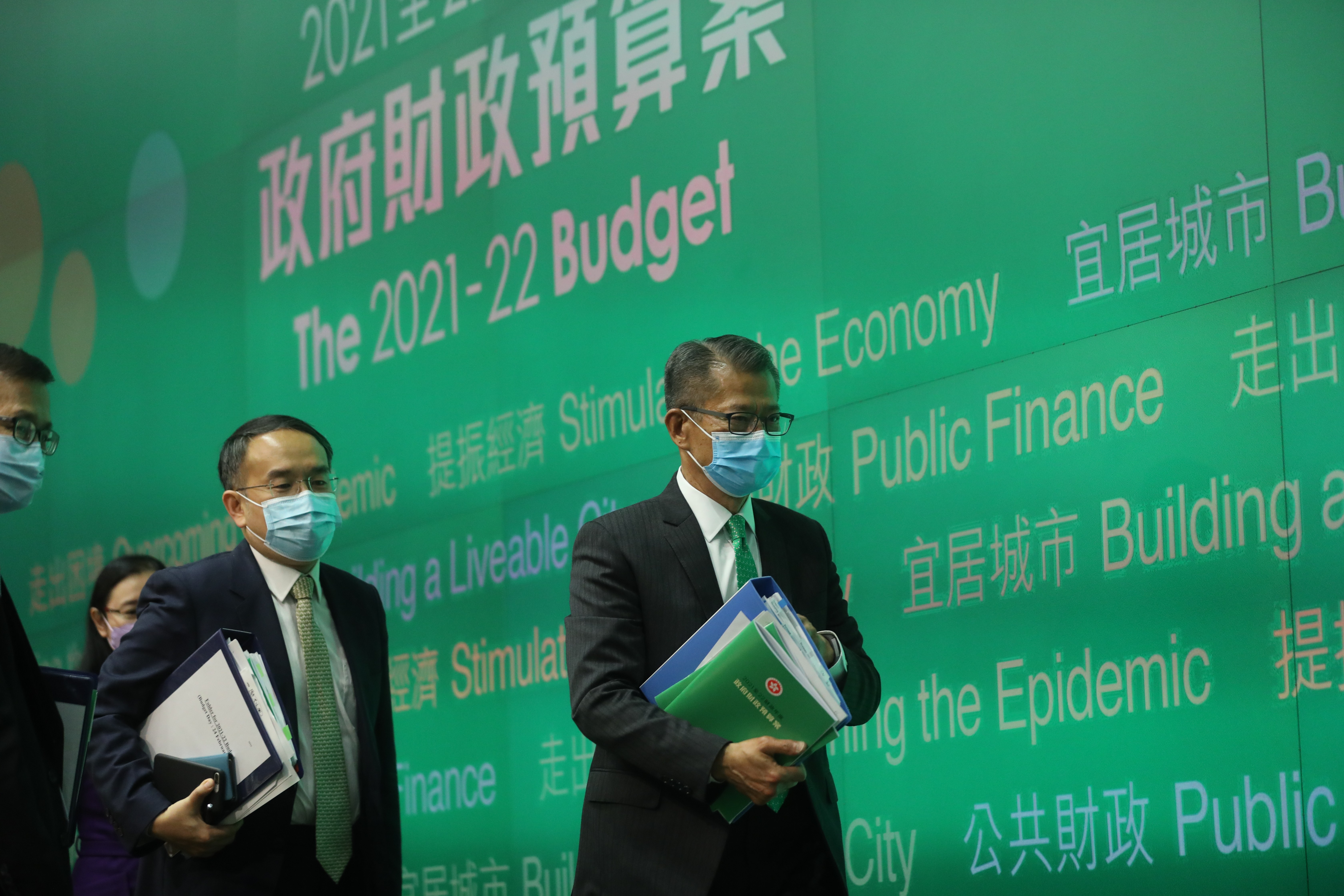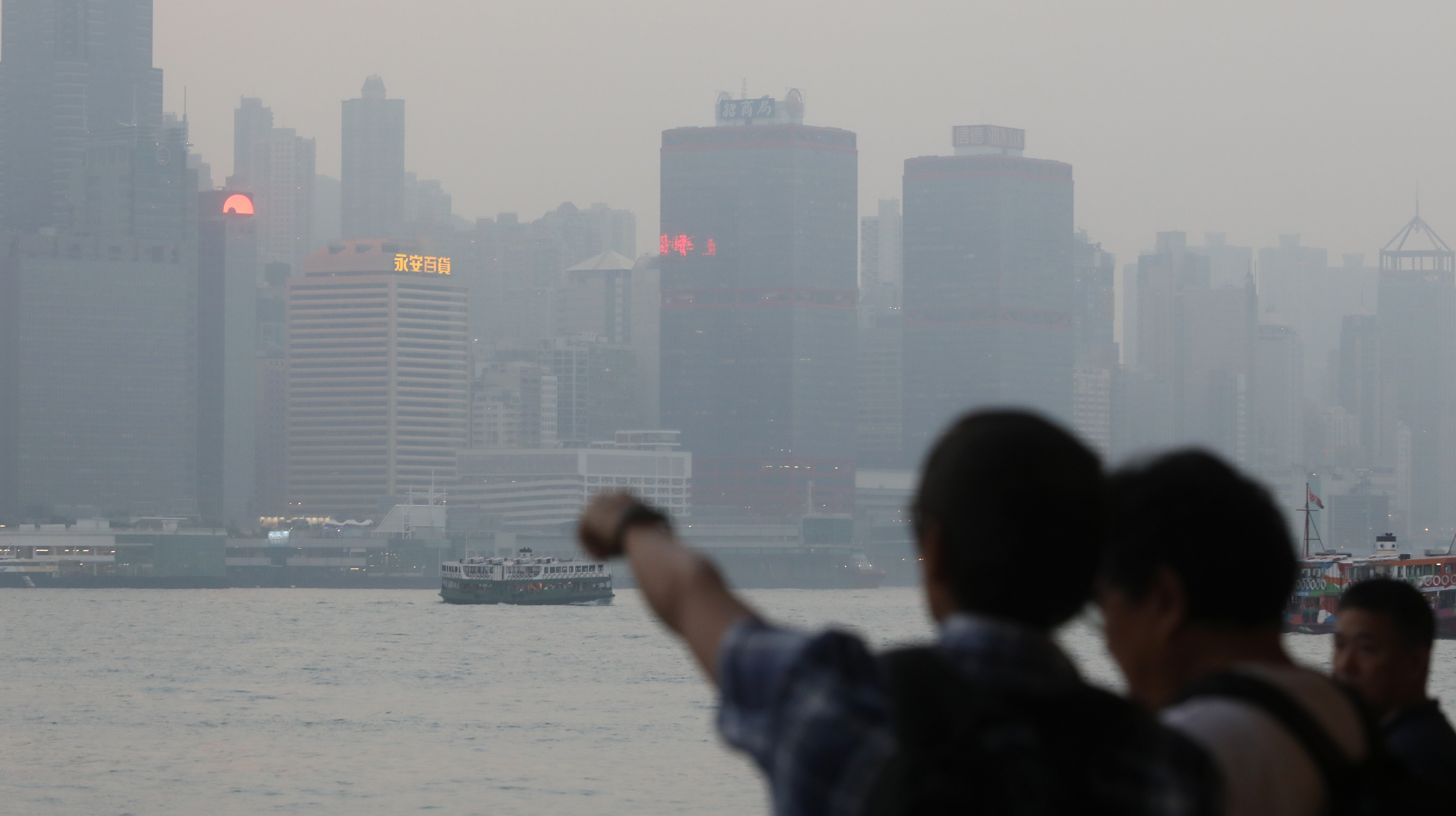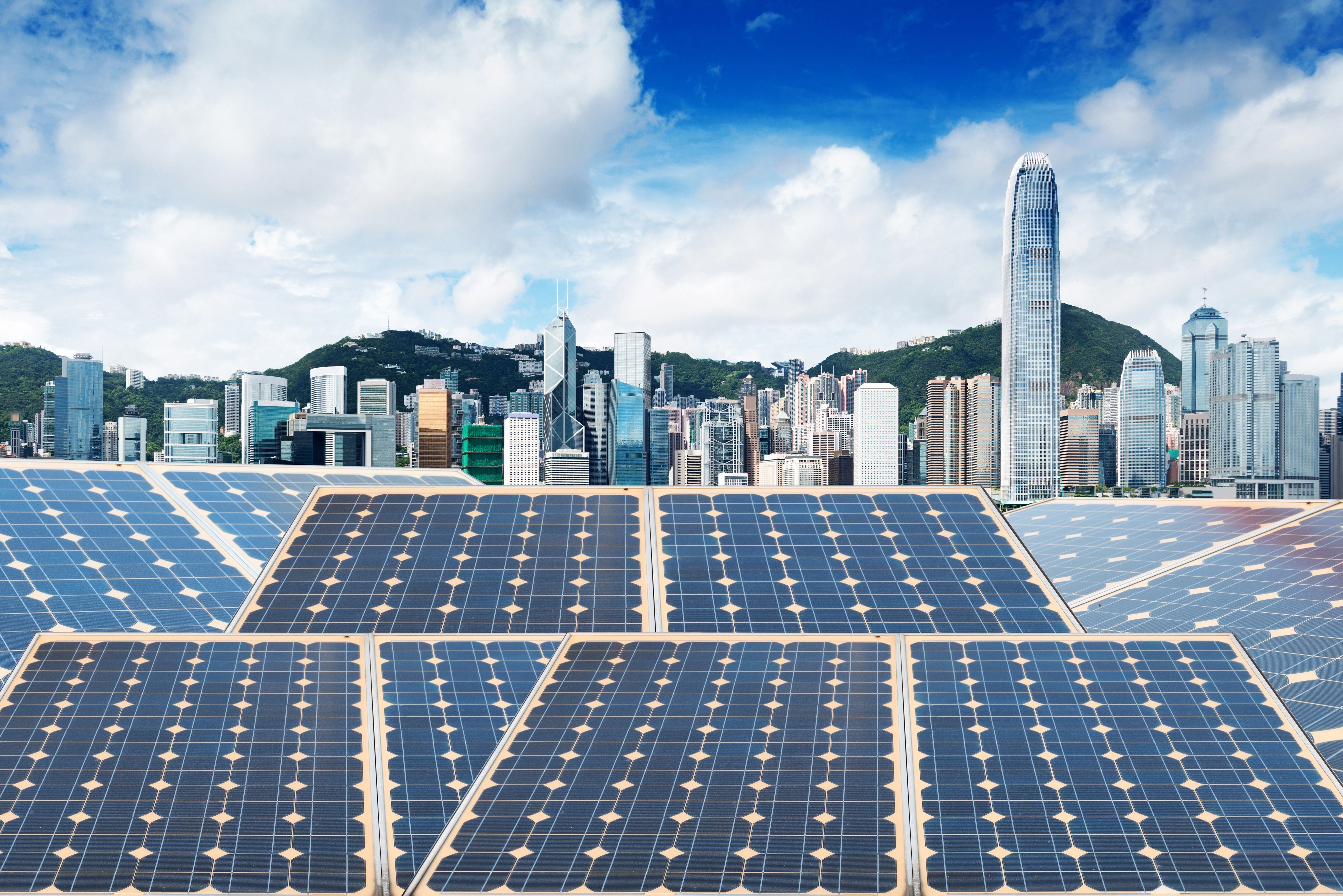Advertisement
Advertisement

Christine Loh
Christine Loh is chief development strategist at the Institute for the Environment, Hong Kong University of Science and Technology. She is a former undersecretary for the environment (2012-17), and a former lawmaker. She is also the former CEO of Civic Exchange, a non-profit public policy think tank. She is a lawyer by training, a commodities trader by profession, and an author of many publications.
New-found interest of financial professionals and corporate leaders in conservation is welcome surprise as city updates biodiversity strategy.
Hong Kong has made a modest contribution to the global climate fight by developing two simple tools SMEs can use to track their carbon emissions. The city has the potential to be a leader in the new corporate governance system in the climate change era.
Rather than denigrate Hong Kong, Taiwan politicians should be wishing it well – a flourishing city can provide an idea of what might be for a reunified Taiwan.
Hong Kong can make a true difference by reforming its reputation as a major trafficking hub and tackling an issue of global importance.
Advertisement
How the US has used its dollar privilege for its own interests, without regard to the damage it causes others, has not gone down well with developing countries. Brics’ formation and expansion must be seen for what it is: a rallying cry for a fairer world order.
Hong Kong’s private sector has what it takes to break new ground and put the city on the map, provided the government understands how to pitch these breakthroughs and take a wider view of showcasing the city’s innovation and technology.
In a word: collaboration. From universities to professionals to the government, there must be better collaboration across sectors and disciplines. An inspiration was the work that led to the world-first launch of tokenised green bonds.
Companies in Hong Kong are urgently seeking employees who can help them meet their sustainability goals, but finding the right skill set is a challenge This talent gap is driving the development of new courses and qualifications that encompass training in both business and the environment
Hong Kong should consider allocating carbon-free electricity to commercial users who can monetise this, then charging a premium so residential users pay less. The point is to generate new ideas and multiple benefits as Hong Kong moves towards a carbon-neutral 2050.
The many capital projects announced will come with a huge price tag, but will also attract top talent working to ensure high environmental standards are met. The co-investment fund offers Hong Kong a chance to lead the world in exploring what the acceptable rate of return is for investment in technology and infrastructure needed to fight climate change.
China’s rise and America’s failings have shifted world opinion and set the scene for Asia and the rest to clash with the US and Europe over ideologies and values.
Unnerved by China’s success, the West seeks to discredit it by selling the story that it is a threat to the ‘international order’. But it is the US that risks destabilising Asia. In Hong Kong, we must see that our interests lie in China being stable, and help promote peace and cooperation.
Making our city greener and more sustainable is a complex task that requires the efforts of multiple government bureaus. The Lee administration’s ability to deliver on this goal will be a test of whether the expensive restructuring leads to better cooperation.
The Northern Metropolis should not only be a showcase of addressing housing needs and deploying innovation and technology, it can also developed sustainably. Lee’s team must weave social advancement into infrastructure development so that urban design prioritises human well-being.
As governments mandate disclosure of corporate climate risks, companies have to measure their impacts on the environment. Firms will then need to cooperate with many stakeholders up and down their supply and demand chains to see how they can reduce carbon emissions.
When China’s policy on Covid-19 containment or Ukraine clashes with the West’s, Hong Kong feels emotional dissonance. Hong Kong’s plight is part of a larger geopolitical contest over hearts and minds everywhere, with Western democracies painted as desirable against an autocratic China.
Carrie Lam’s proposal for reorganising the government structure provides an opportunity for potential candidates to express new perspectives. Key challenges include how to tackle climate change, digitalisation and economic progress, to better serve the public.
Buildings account for around 60 per cent of Hong Kong’s total carbon output, but emissions can easily be cut through industry reform. The government must work with the private sector to set tougher standards for developers.
There’s no reason the entire metropolis cannot be environmentally sustainable, low-carbon and socially resilient. Such groundbreaking work can only give Hong Kong an edge in gaining valuable expertise.
The plans detailed in the latest policy address indicate both Beijing’s high hopes for Hong Kong and frustration at its lack of progress. Hong Kong’s autonomy remains in place, but the city’s political elite need to show the people this is still the case.
It is not surprising to see many people leaving the city after the events of the past two years as flight is in Hongkongers’ DNA. For those who choose to stay, it is time to help rebuild Hong Kong for the long-term future as part of China.
Hong Kong needs a whole-of government-approach in tackling climate change. Everyone in the public and private sectors has a role in meeting Hong Kong’s date with destiny to be carbon neutral.
Hong Kong can commit to the World Health Organization’s air quality standards by pledging to reach interim target three by 2035, and consider mandatory standards for indoor air quality.
As the Iraq war and Tiananmen Square have shown, accepted narratives can prove to be wrong. The lesson amid today’s shifting geopolitics is: don’t pass judgment too quickly, especially when things are evolving.
In 2014, Xie Zhenhua and John Kerry worked on a US-China climate statement and rallied others to sign the Paris Agreement. The two sides have identified the many areas for collaboration, including on emerging technologies.
Is it possible for diplomats on the one hand to fervently criticise their counterparts and on the other hand, drop the animosity when it comes to dealing with climate change?
Hong Kong’s pursuit of democracy has ended up in this sorry state because the opposition failed to build trust with Beijing. Only when loyalty is not in dispute can Hong Kong create a space for democratic experiments.
Business leaders are ready to capitalise on China’s climate and dual circulation policies but frustratingly, where policy is needed, they see little movement from the Hong Kong government.
The US’ commitment is in line with a worldwide trend towards decabornisation that Hong Kong cannot ignore, especially with mainland China pledging to be carbon neutral by 2060.
Trillions will be needed for China, Japan and South Korea, not to mention other Asian economies, to achieve carbon neutrality, Hong Kong’s financial sector has a critical role in helping to raise funds to make this green transition.


